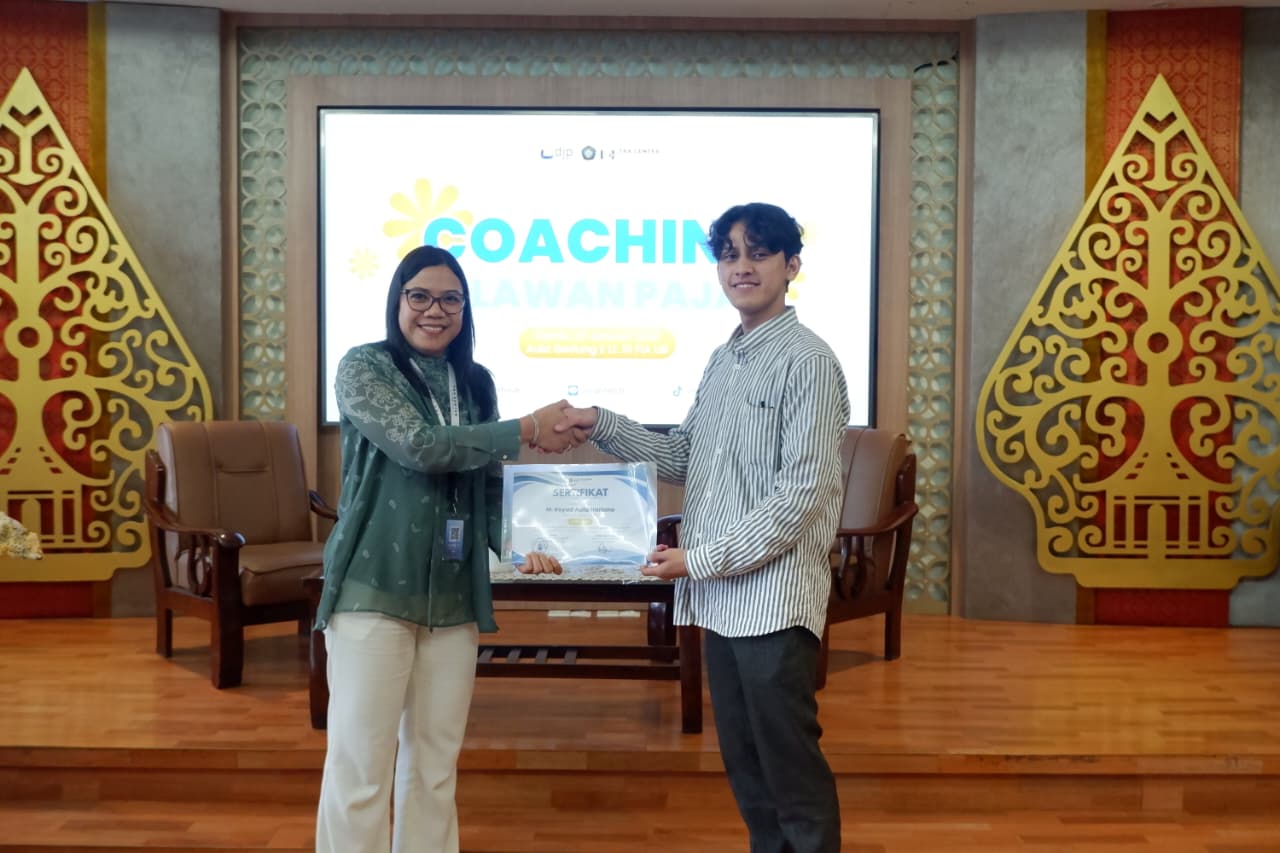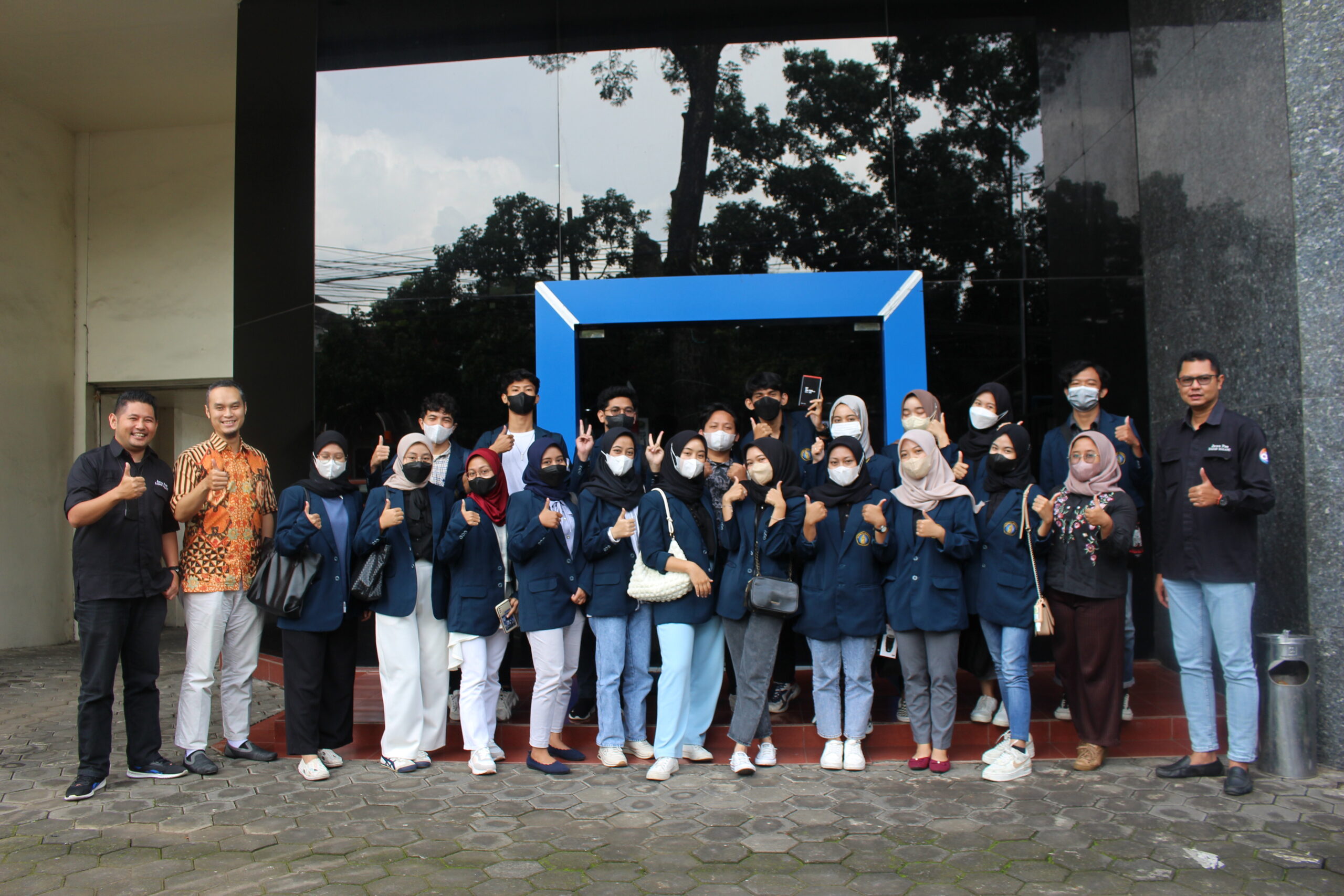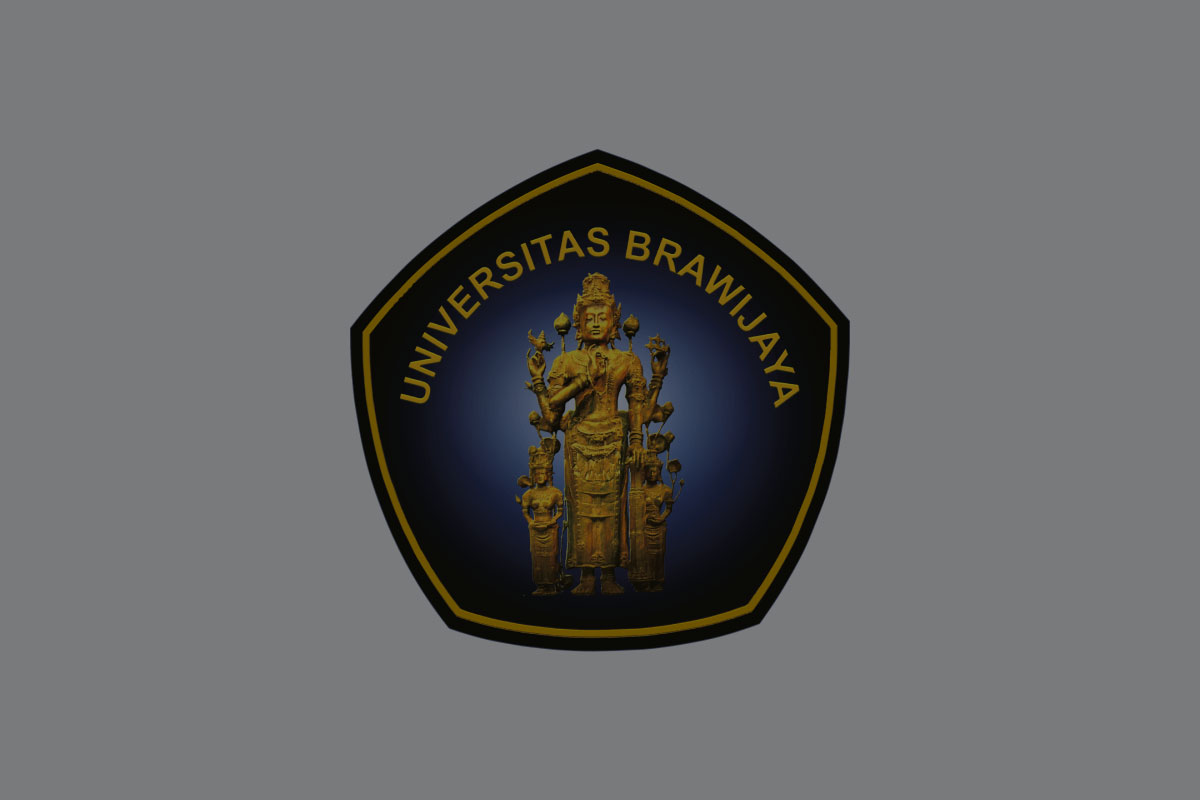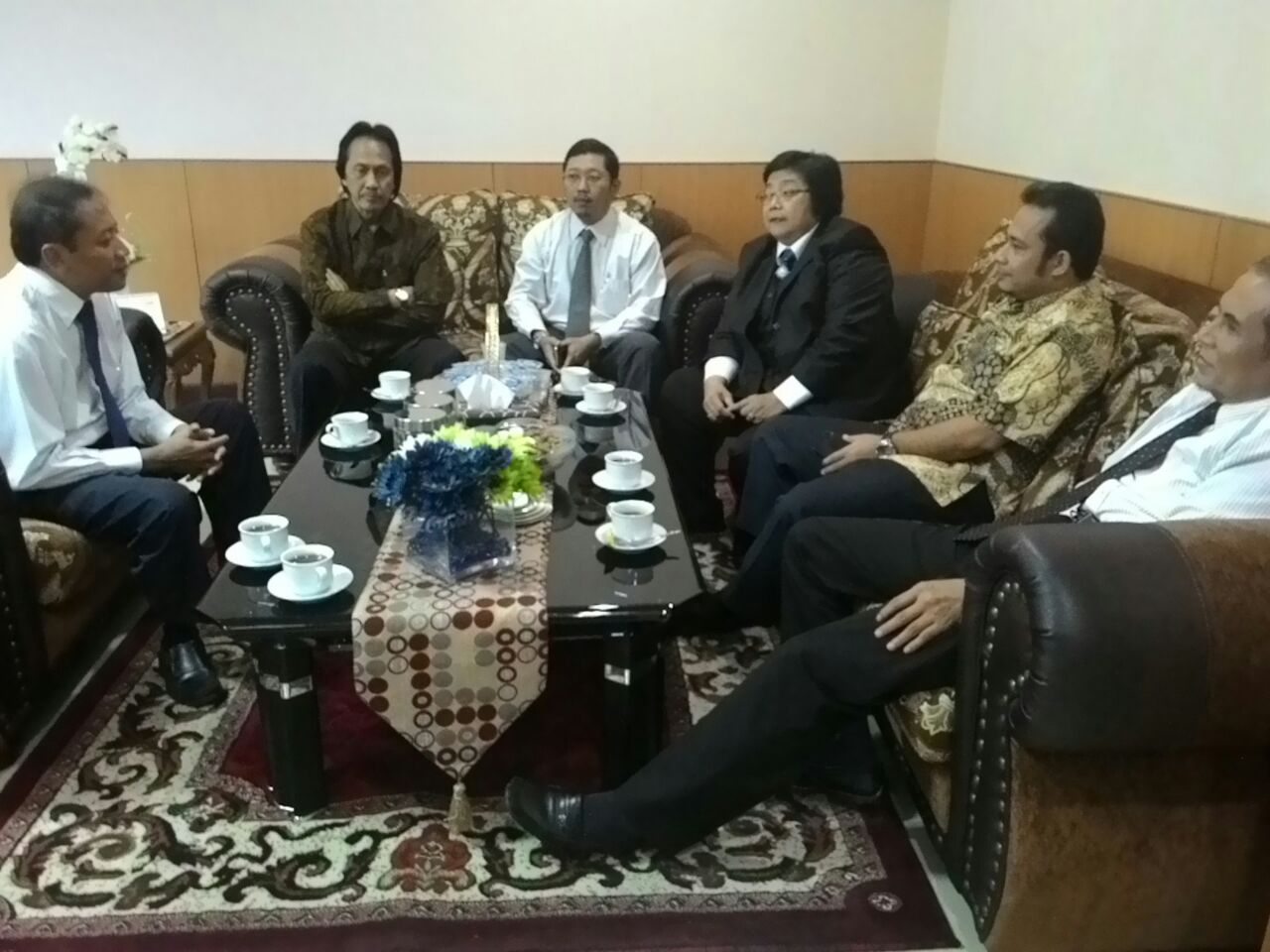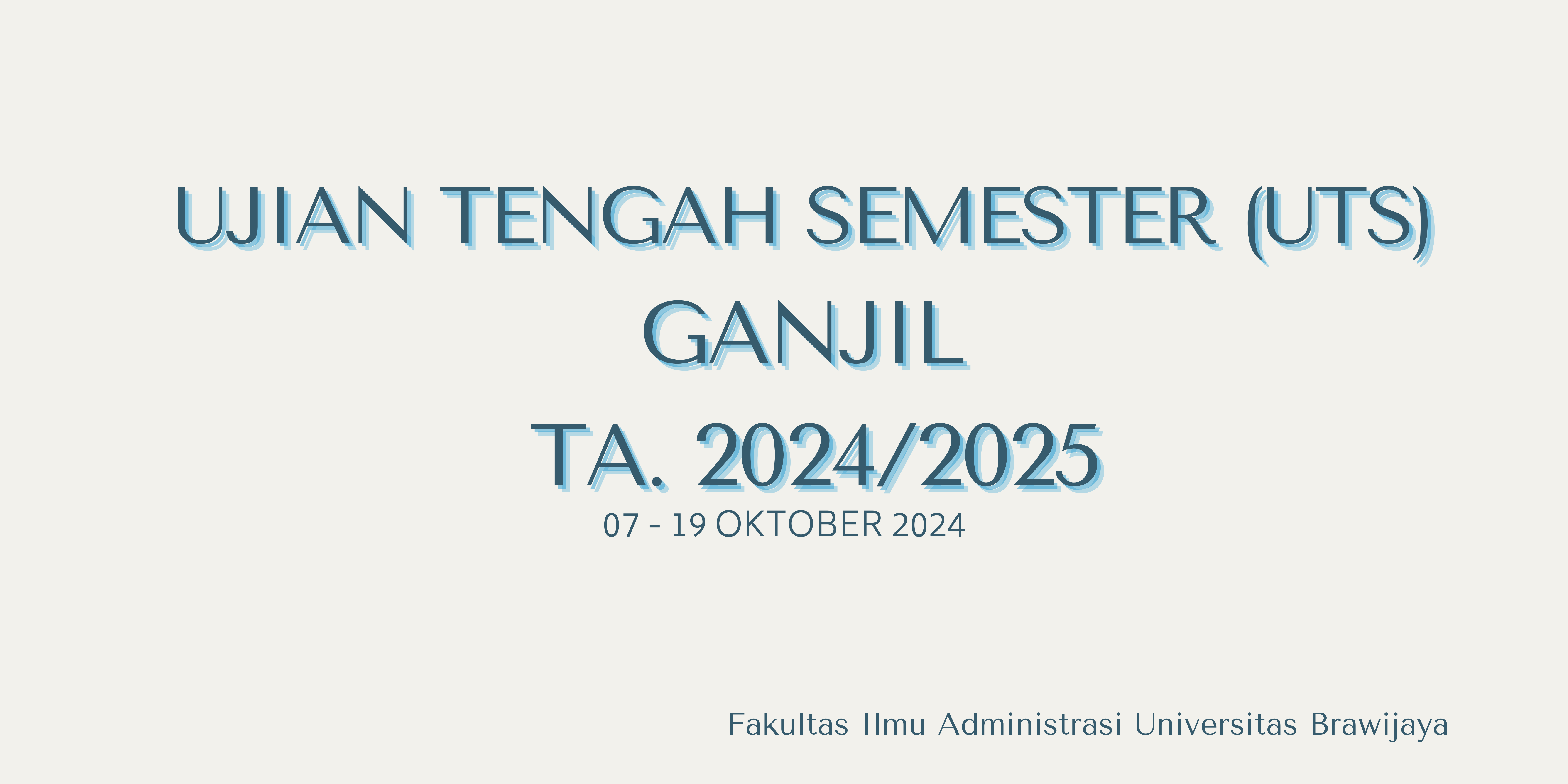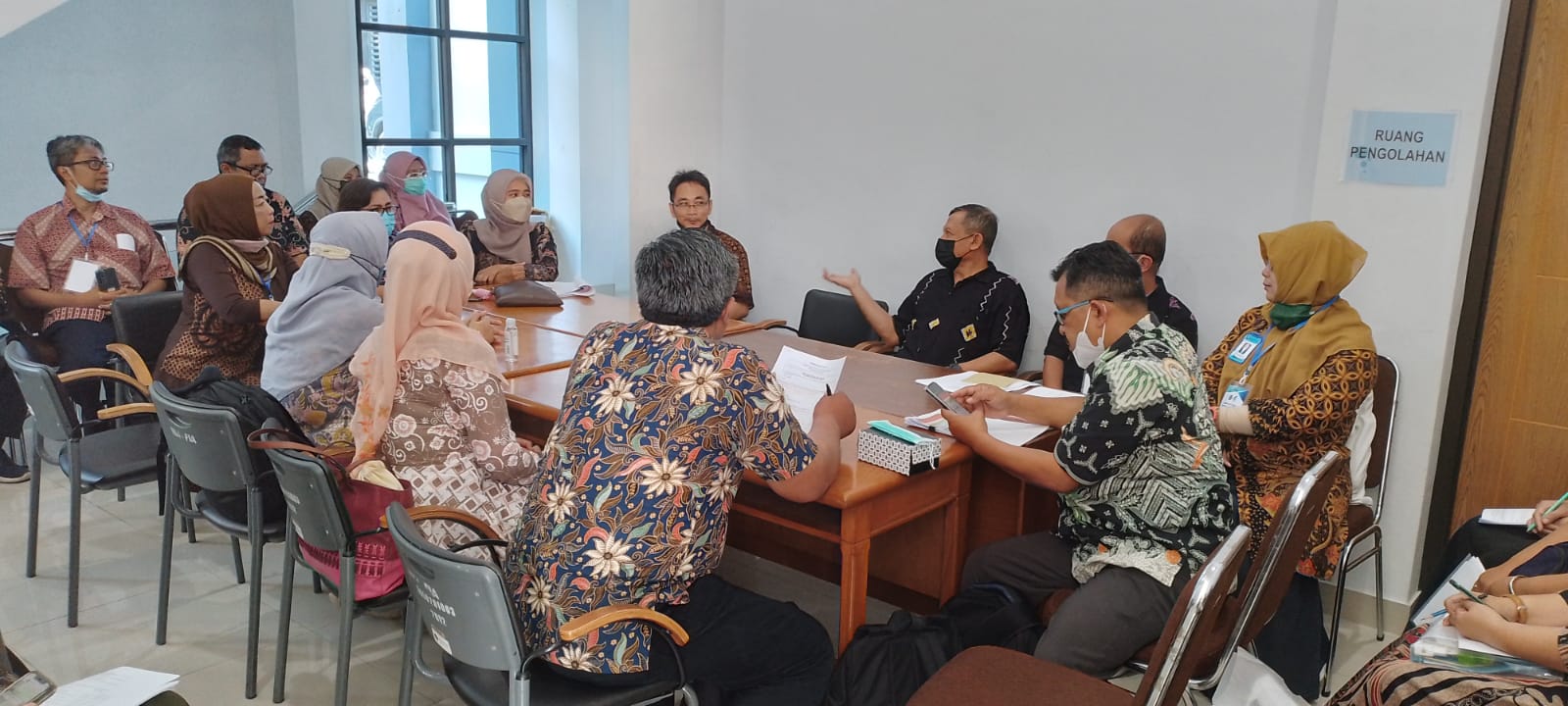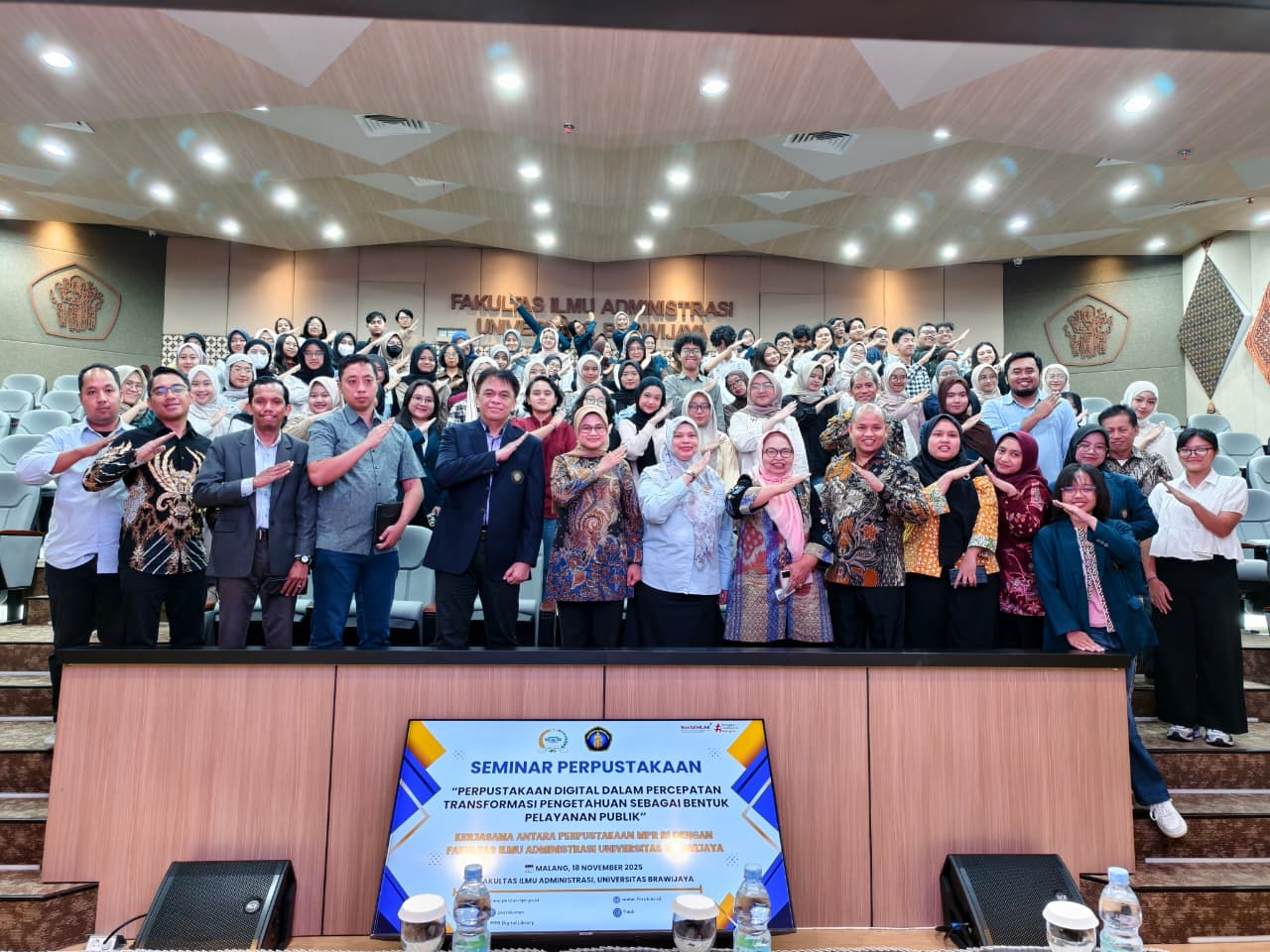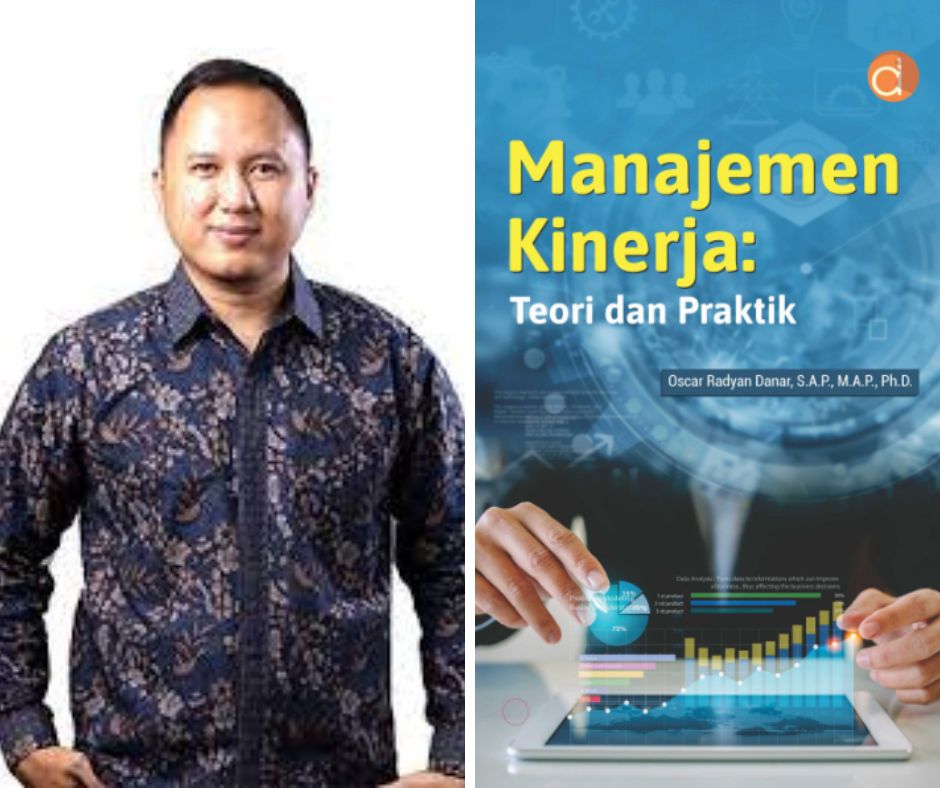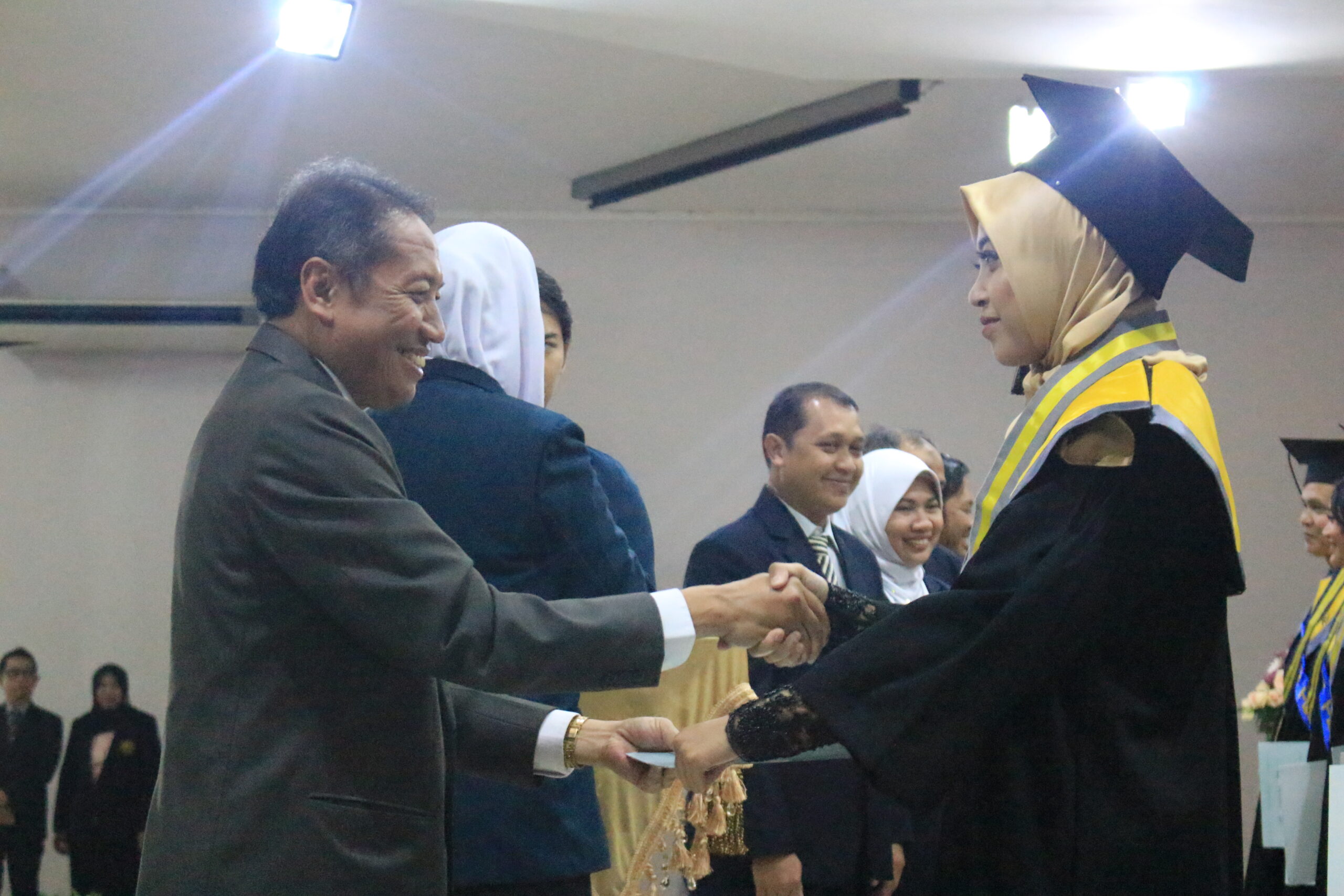
FIA UB Library Science Study Program 2022
The FIA UB Library Science Study Program on Monday, August 15 2022 held a Workshop on Preparation of Semester Learning Plans (RPS) in the Curriculum of the FIA UB Library Science Study Program. The activity which took place starting at 08.00 WIB in the meeting room of building B FIA UB was carried out after the first Study Program Curriculum Workshop was held. This activity is intended to be able to implement a shared understanding of the preparation of Semester Learning Plans (RPS) based on Outcome Based Education (OBE) and the Indonesian National Qualifications Framework (KKNI), so that study programs are able to determine their curriculum based on the expected graduate profile. A number of invitees and presenters were present, including Prof. Paulina Pannes, MLS. from the head of the ICE Institute, Open University, Corina Karim, S.Sc., M.Sc., Ph.D. from UB's Educational Development Institute (LPP), and Dr. Bekti Multiningsih, AALIA (CP) from the academic librarian in Australia, and moderated by Dr. Siswidiyanto, MS. The event ran smoothly with the first presenter present and delivering material via the Zoom Meetings platform while the other two presenters attended directly to the location. The event started with remarks from the Head of the Study Program Dr. Farida Nurani, S.Sos., M.Sc. followed by remarks from the Head of the Department of Public Administration Dr. Fadillah Amin, M.AP., Ph.D. and finally by Drs. Andy Fefta Wijaya, MDA., Ph.D. as dean. The first material was delivered with the main discussion regarding the preparation of an independent curriculum and its emphasis compared to the previous curriculum. The second material was delivered afterwards with the main discussion regarding the preparation of the curriculum in detail, especially its implementation in the administration of study programs within the University of Brawijaya. The third material was finally delivered with a discussion of course input for study programs based on an analysis of library services in Australia, which was followed by a question and answer session in each session.
After the delivery of the first material was completed, it was followed by the delivery of the second material by Ms. Corina Karim, S.Si, M.Sc, Ph.D who delivered material regarding the preparation of OBE-based lesson plans. He said that there must be an evaluation for making an RPS, but if it is appropriate then there will be no evaluation, unless there is material that is missed, and that will continue to be done every semester, so there will always be an evaluation at the beginning and end of the semester. The scientific map (BoK0) refers to new literacy, data literacy, and technology literacy and human literacy. He also said that learning outcomes in lectures are adjusted to the course, must be complete according to SN Dikti, and must also be complete in accordance with the association's agreement. Then how to do it assessing learning outcomes (CPL)? If one of the presentations is good, are the grades given equally? The answer is no, there must be grades, then students will be encouraged to speak up in the presentation. The principle of preparing the RPS presented by Ms. Corina must include, be contextual , thematic, effective, collaborative, interactive, integrative, scientific, and also SCL.So the RPS document must include learning targets, study materials, learning methods, time and stages, assessment of learning outcomes.RPS is reviewed regularly and can be accessed by students and consistently implemented.
In the delivery of the 3rd material as well as the last material in the RPS workshop presented by Dr. Bekti Mulatiningsih, AALIA as an academic librarian in Australia, she conveyed about "Australian Academic Library Services" which might be input for courses at PSIP. The analysis he conveyed was motivated by the need to provide input for the PSIP curriculum from a practitioner's perspective and for research with the aim of finding gaps between what is happening in the field and the Library and Information Science curriculum taught at universities in Indonesia. The methodology of his presentation was environmental scanning conducted at 8 universities in Australia (The Group of 8 Universities) and with a focus on library services related to services to students, lecturers and researchers. Environmental scanning analysis was carried out by visiting the library's website. Go8 university and notes the services available to students, lecturers and researchers. Proposed courses based on the analysis previously mentioned by him include Digital Literacy (web content, digital literacy framework, social media, interactive content), Social Inclusion-Based Libraries (accessibility, training technology), Scientific Communication (open access, FAIR principles/ findable, accessible, interoperable, reusable), Research Data Management (plans, principles, sharing, and publication of research data). The delivery of material 3 was followed by a question and answer discussion session. The session was initiated by a question from Library Science lecturer Bayu Indra regarding the context of digital literacy. The question was answered that each library must have a literacy framework based on facts in the field. all existing programs are integrated into digital literacy.

